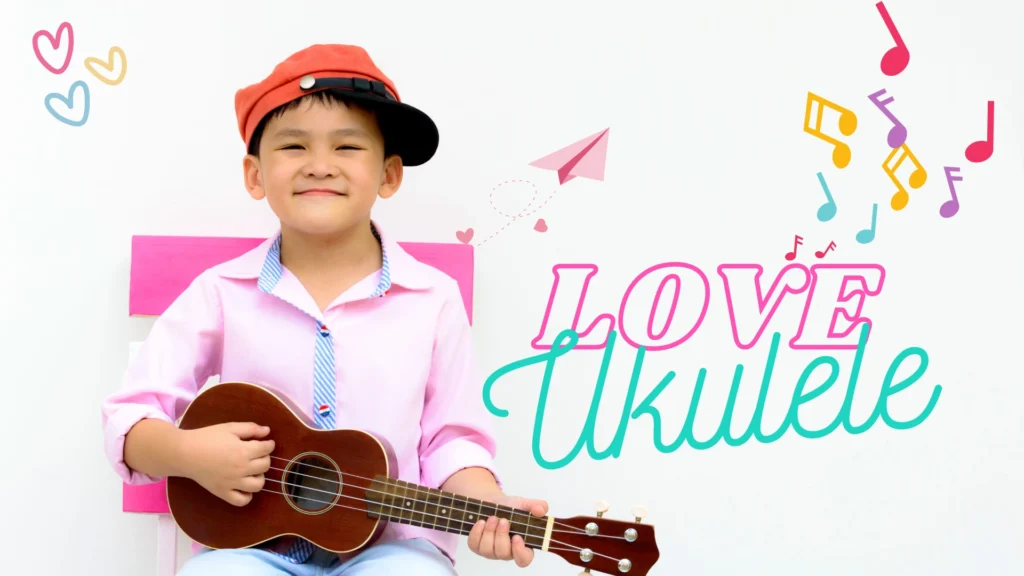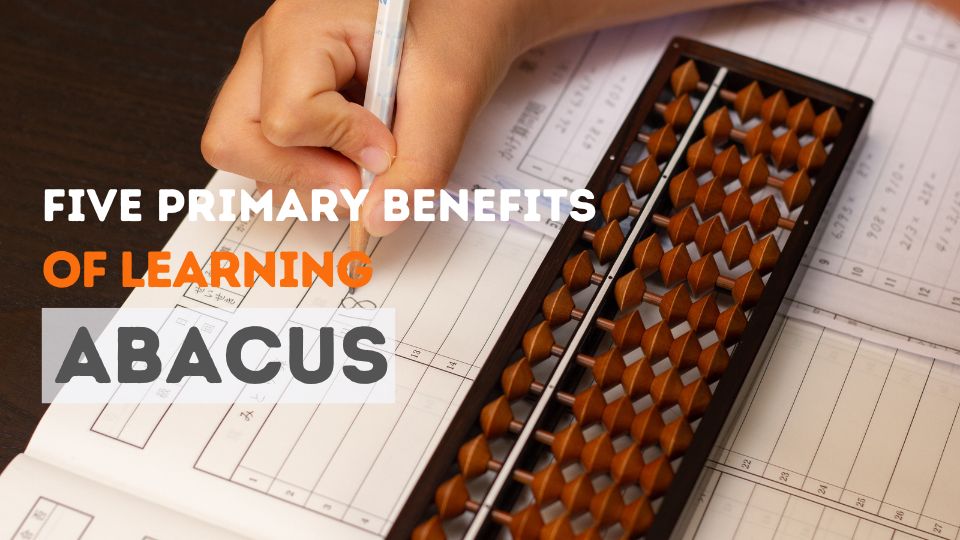Ukulele: A Gateway to Childhood Development
The ukulele, with its charmingly compact size and sweet, cheerful sound, is not just a musical instrument; it’s a portal to a world of cognitive, emotional, and social growth for children. In this article, we’ll delve into the fascinating world of the ukulele, exploring what it is, the myriad benefits it offers when introduced at an early age, and how young learners can embark on their musical journey.
What is the Ukulele?
The ukulele, often affectionately known as the “uke,” is a musical instrument that belongs to the string family. While it bears a resemblance to its larger cousin, the guitar, the ukulele possesses a unique character that sets it apart.
- Size and Types: Ukuleles are known for their petite size and lightweight construction. There are four primary types: soprano, concert, tenor, and baritone, each with its own distinct tonal qualities and size variations. The soprano, the smallest of the quartet, is particularly suitable for young beginners.
- Sound: This tiny instrument emits a bright, mellow, and joyful sound. Its melodic notes evoke feelings of happiness and warmth, making it an ideal instrument for young learners.
- Ease of Learning: What sets the ukulele apart is its reputation for being beginner-friendly. Its four nylon strings are gentle on little fingers, and the basic chords and strumming patterns are relatively easy for young hands to grasp. This simplicity makes it an inviting instrument for early learners.
Benefits of Learning Ukulele from an Early Age
- Early Musical Exposure: Learning this instrument introduces children to the world of music at a tender age, igniting their passion for rhythm, melody, and harmony. This early exposure can lay the foundation for a lifelong love of music.
- Fine Motor Skills: Playing the ukulele demands precise finger movements for fretting chords and strumming. These actions enhance fine motor skills, improve hand-eye coordination, and boost finger dexterity.
- Cognitive Development: As children learn to read music and play songs, they engage in activities that stimulate memory, concentration, and problem-solving. They also gain a basic understanding of music theory.
- Language and Communication: Playing and singing songs encourage language development and communication skills. Children learn to express themselves through music and lyrics, enhancing their ability to convey thoughts and emotions.
- Creativity and Self-Expression: Learning this instrument serves as a canvas for creativity and self-expression. Young musicians can compose their songs, improvise, and use music as a medium for emotional expression.
- Confidence Boost: Successfully mastering a musical instrument, even at a young age, fosters a sense of achievement and self-confidence. Children gain assurance in their abilities.
- Social Skills: Group ukulele lessons or ensemble playing provide opportunities for social interaction and teamwork. Children learn to collaborate, share, and support one another, developing valuable social skills.
- Emotional Outlet: Music offers a healthy outlet for emotions. Children can use their instrument to express a wide range of feelings, from joy and excitement to sadness and introspection.
- Stress Reduction: Playing music has a calming effect and can reduce stress and anxiety in children. It serves as a coping mechanism for dealing with challenging emotions.
- Discipline and Patience: Learning the ukulele requires practice, discipline, and patience. These qualities are transferable to other aspects of a child’s life and contribute to overall personal development.
- Life Skills: The journey of learning the instrument instills essential life skills such as goal setting, perseverance, and the importance of consistent effort. These skills have applications far beyond the realm of music.
How Can Kids Start Learning Ukulele
Starting a ukulele journey for kids is an exciting endeavor. Here’s how they can begin:
- Professional Instruction: Consider enrolling your child in learning lessons with a qualified instructor. These lessons are tailored to meet the unique needs of young learners.
- Online Resources: Numerous online platforms offer ukulele tutorials designed for kids. Websites and YouTube channels provide step-by-step guidance, chord charts, and fun songs to practice. You can refer to this article at Wikihow to learn the very basics.
- Books and Apps: Ukulele instructional books and mobile apps can be valuable learning tools. They often include interactive lessons and play-along features.
- Join a Youth Ensemble: Encourage your child to join an instrument specific youth ensemble or club. These groups provide opportunities for group learning and performance.
- Parental Involvement: Learning the instrument can be a bonding experience. Parents can learn alongside their children, creating a shared musical journey.
To sum it up, the ukulele is more than a musical instrument; it’s a bridge to holistic childhood development. When introduced at an early age, it nurtures cognitive, emotional, and social growth, setting the stage for a lifelong love of music and learning. Whether through professional instruction, online resources, or family involvement, every child can embark on this melodic adventure and reap its countless rewards.




